Paxi – The Greenhouse effect
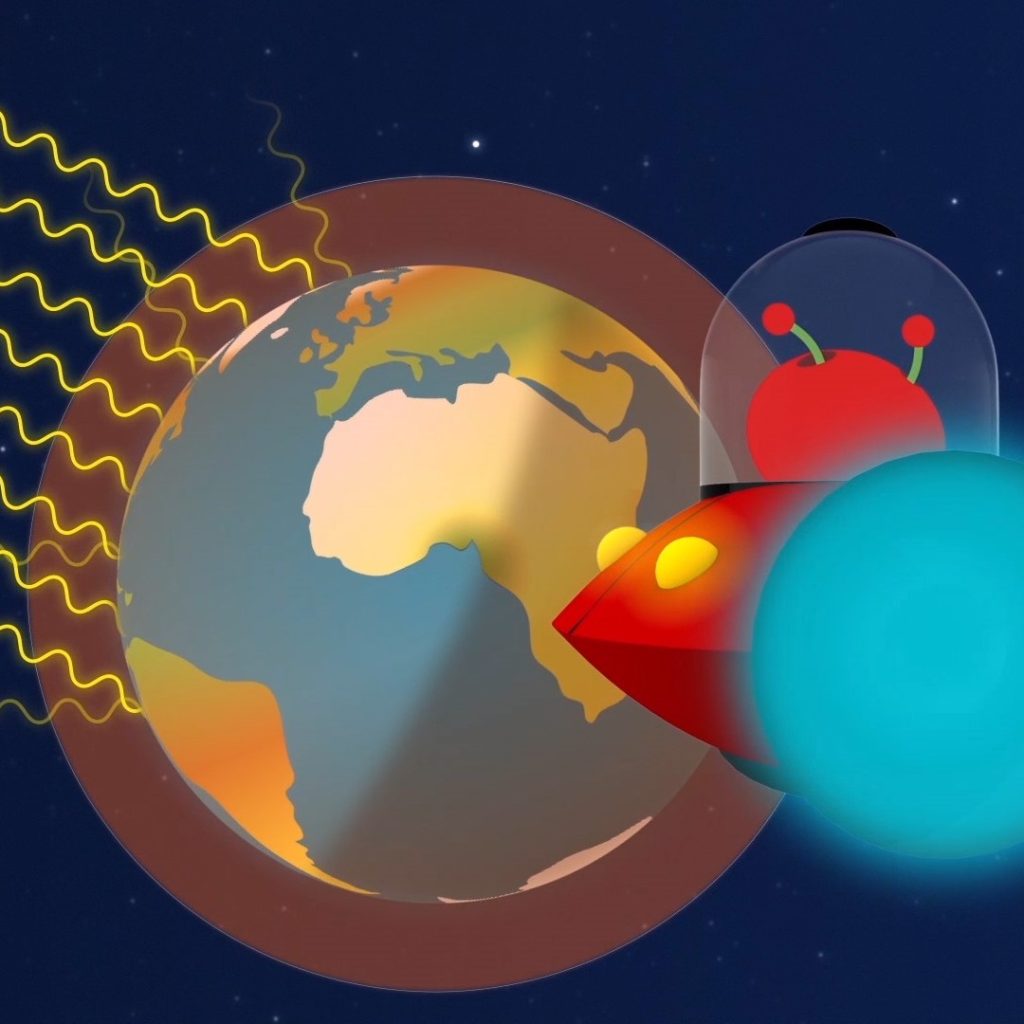
Brief description:Join Paxi as he explores the greenhouse effect to learn about global warming. In this video, targeted at children aged between 6 and 12, Paxi explains the greenhouse effect and what we can do to help.https://youtu.be/Ke140nuy15Ehttps://youtu.be/jLO-6B4efr8?si=6Q2CvAseQSXiNQwOhttps://youtu.be/tl0F4JEanCohttps://youtu.be/vCSHFGvKdf4https://youtu.be/mmK_TppWgMghttps://youtu.be/G_Tne4eIWPQhttps://youtu.be/99_x2nYfvKYhttps://youtu.be/7tEODAlOIZYhttps://youtu.be/LL4Y2lSWzIkhttps://youtu.be/RR30r52uQmQhttps://youtu.be/K9BJfsgIMcEhttps://youtu.be/3oYYDXW1mMchttps://youtu.be/r7S3Wqgl1JQhttps://youtu.be/i_DAxjw9bS4https://youtu.be/0IYozXSfHDshttps://youtu.be/ytbUoRBSe6MLanguages available:This video is available in English, Arabic, Czech, Danish, Dutch, Estonian, Finnish, French, German, Greek, Italian, Norwegian, Polish, […]
Paxi – Day, night, and the seasons
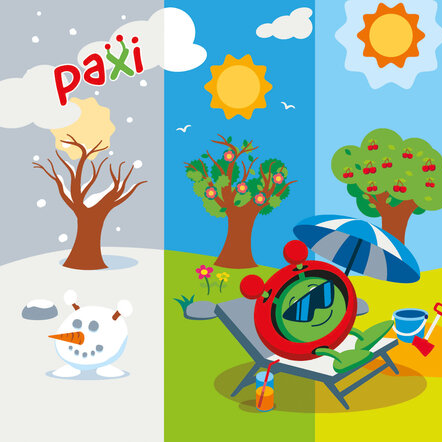
Brief description:Join Paxi as he explores why we have day and night, and learn why the Earth has seasons. Have fun learning with Paxi!https://youtu.be/TagG32gwiBohttps://youtu.be/ioCO2Pl7Xt0https://youtu.be/IkZALmRy7_0https://youtu.be/0zXovjSdtP4https://youtu.be/ZanXoika_J0https://youtu.be/pnRIno-1_cYhttps://youtu.be/hIqGfq0_iQIhttps://youtu.be/8lY9VY_iq6Mhttps://youtu.be/dyCeDPcju6ohttps://youtu.be/EcD5k4K_CEkhttps://youtu.be/HKLg6U-pZq8https://youtu.be/ekY5oZDdQ4khttps://youtu.be/fUEpgzg-6jkhttps://youtu.be/X22p7YK2-Cohttps://youtu.be/soQ5MN0nuMghttps://youtu.be/pitWGwEqvlsLanguages available:This video is available in English, Arabic, Czech, Danish, Dutch, Estonian, Finnish, French, German, Greek, Italian, Norwegian, Polish, Portuguese, Romanian, Spanish and Swedish.This video also contains auto-generated subtitles in English, which […]
Paxi – The Water cycle
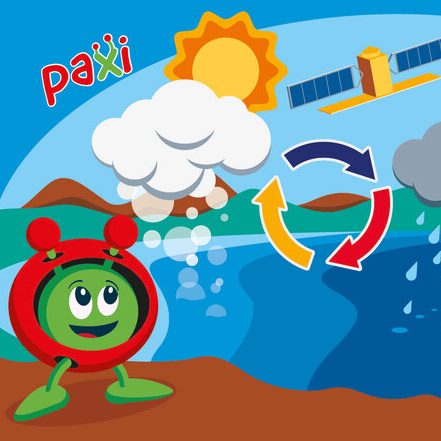
Brief description:Join Paxi as he visits Planet Earth, and learn about the water cycle. In this video, targeted at children aged between 6 and 12, Paxi explains how the water cycle works.https://youtu.be/yVQEslsaIgYhttps://youtu.be/aHy-gWzCYN0https://youtu.be/UL0NUVozPkohttps://youtu.be/EeRS-8kIR-khttps://youtu.be/A9bjTV7YocEhttps://youtu.be/7WXs959XElIhttps://youtu.be/Gq1Y3P8lacwhttps://youtu.be/i-GXTHFpUQ0https://youtu.be/DHx-SBsSKnAhttps://youtu.be/Qq34uHTBJrEhttps://youtu.be/1lKn3C0JYI8https://youtu.be/4Pcvil1sVJ8https://youtu.be/WVhObQXBJxMhttps://youtu.be/mylCQjryPiUhttps://youtu.be/7nFh8WrRwEwhttps://youtu.be/ERKNqcHgGuELanguages available:This video is available in English, Arabic, Czech, Danish, Dutch, Estonian, Finnish, French, German, Greek, Italian, Norwegian, Polish, Portuguese, Romanian, Spanish and Swedish.This […]
Infrared Webcam Hack – Using infrared light to observe the world in a new way
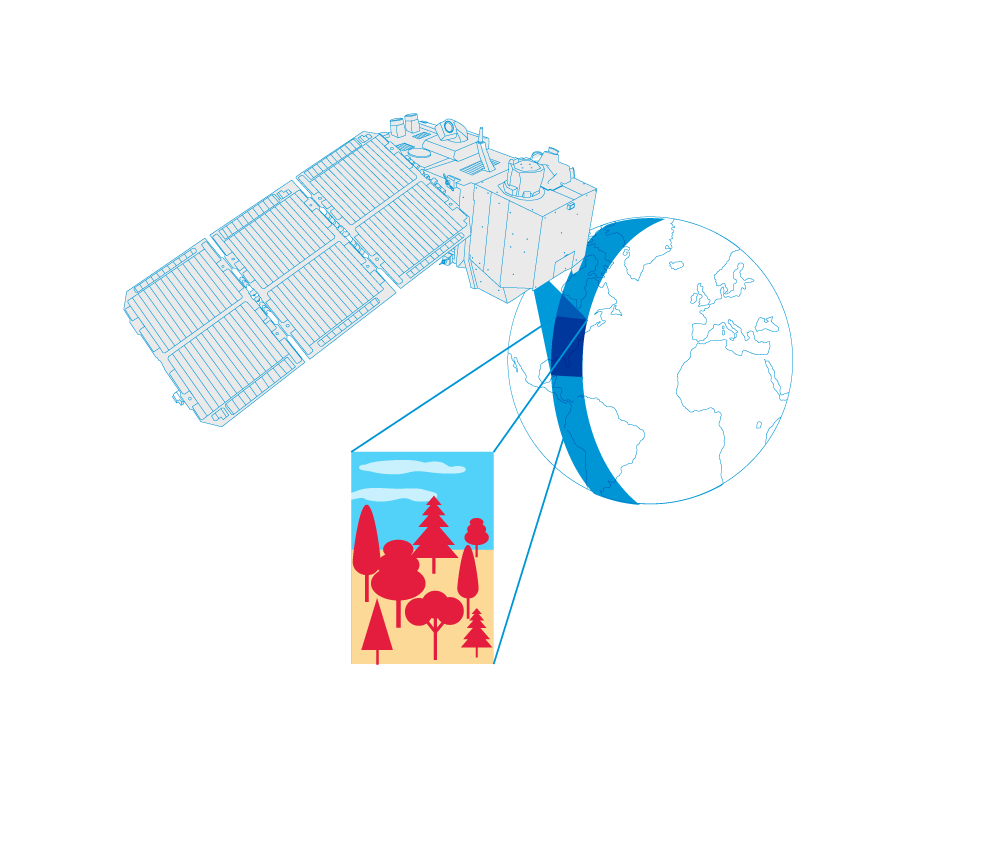
Brief description This set of three activities will enable students to understand the electromagnetic spectrum and observe infrared radiation through the modification of a cheap webcam. It will enable discussion of how infrared radiation can be used to obtain information that is not available using visible light. Students will also analyse satellite images providing them […]
After the storm – Tracking Hurricane Matthew and analysing its impact
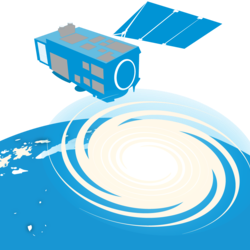
Brief description In this set of two activities, students will explore the applications of Earth observation data in tracking hurricanes and assessing their aftermath by using the example of Hurricane Matthew. Students will learn how a hurricane develops and the impact that extreme weather can have on the society. They will do this by comparing […]
The greenhouse effect and its consequences – Investigating global warming
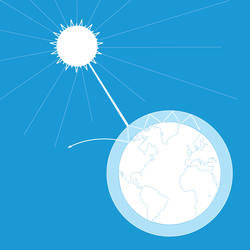
Brief description In this set of three activities, students will do hands-on experiments and learn how to interpret satellite images for better understanding the overall effects of global warming. In activity 1 students will make a model to demonstrate the greenhouse effect by showing that a higher level of carbon dioxide (CO2) means a higher […]
Highways of the Oceans – Sea currents and the connection to climate
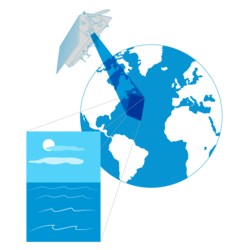
Brief description In this set of three activities, students will use an multimedia module to learn about sea currents, the highways of the oceans, and how they are important for understanding local climates. Using a hands on activity they will investigate what causes ocean currents. They will also use satellite images to analyse the temperature […]
Sea ice from space – Investigating Arctic sea ice and its connection to climate
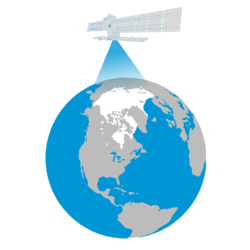
Brief description In this set of three activities, students will investigate Arctic sea ice. First, they will perform a hands-on activity to find out what happens ‘when the ocean freezes’. Then, they will use satellite images to analyse the sea ice concentration and extent and how these parameters have changed in the last decades. They […]
Planetary Heat Pumps
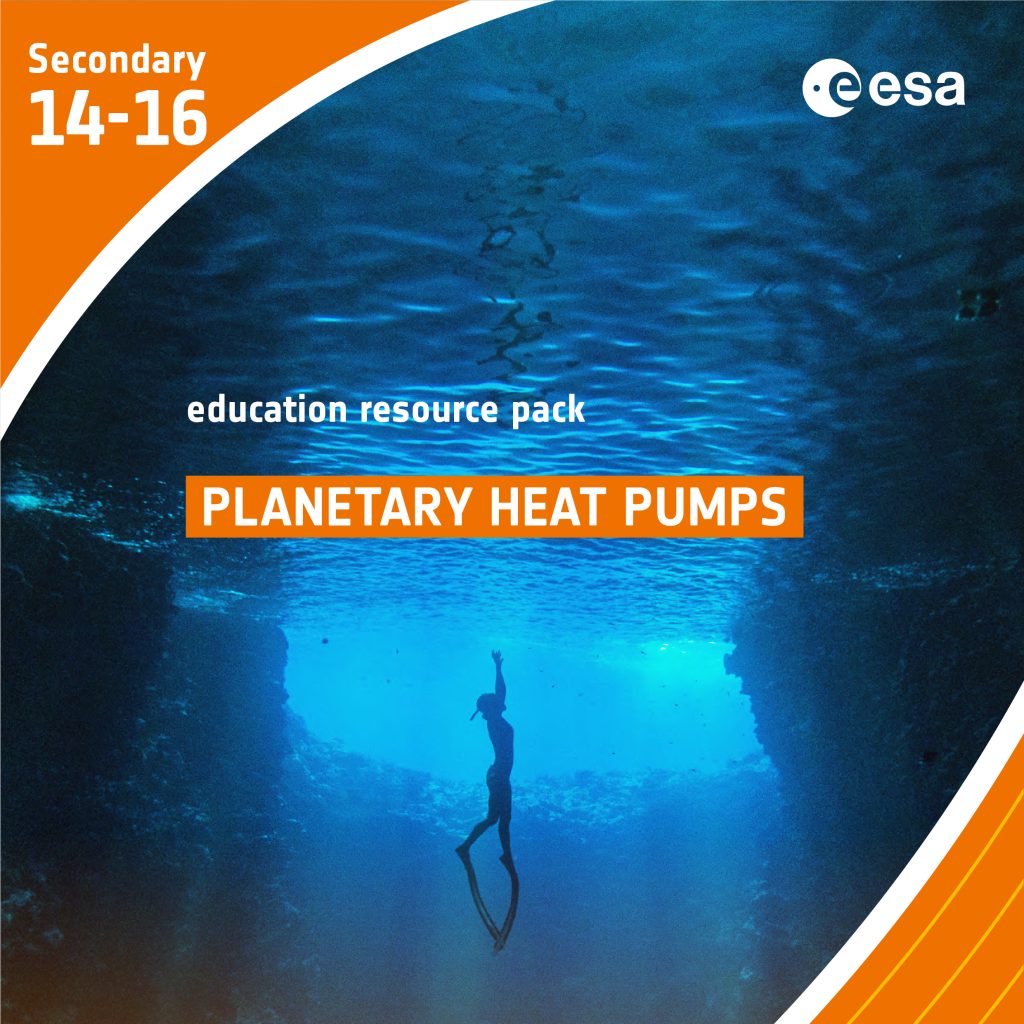
Brief description In this set of three activities, students will learn how ocean circulation has an impact on climate. In the introductory activity, they carry out calculations to compare the relative impact of global warming on the atmosphere and oceans. A practical activity using readily available equipment allows students to see how water of different […]
Biodiversity and Habitat Loss
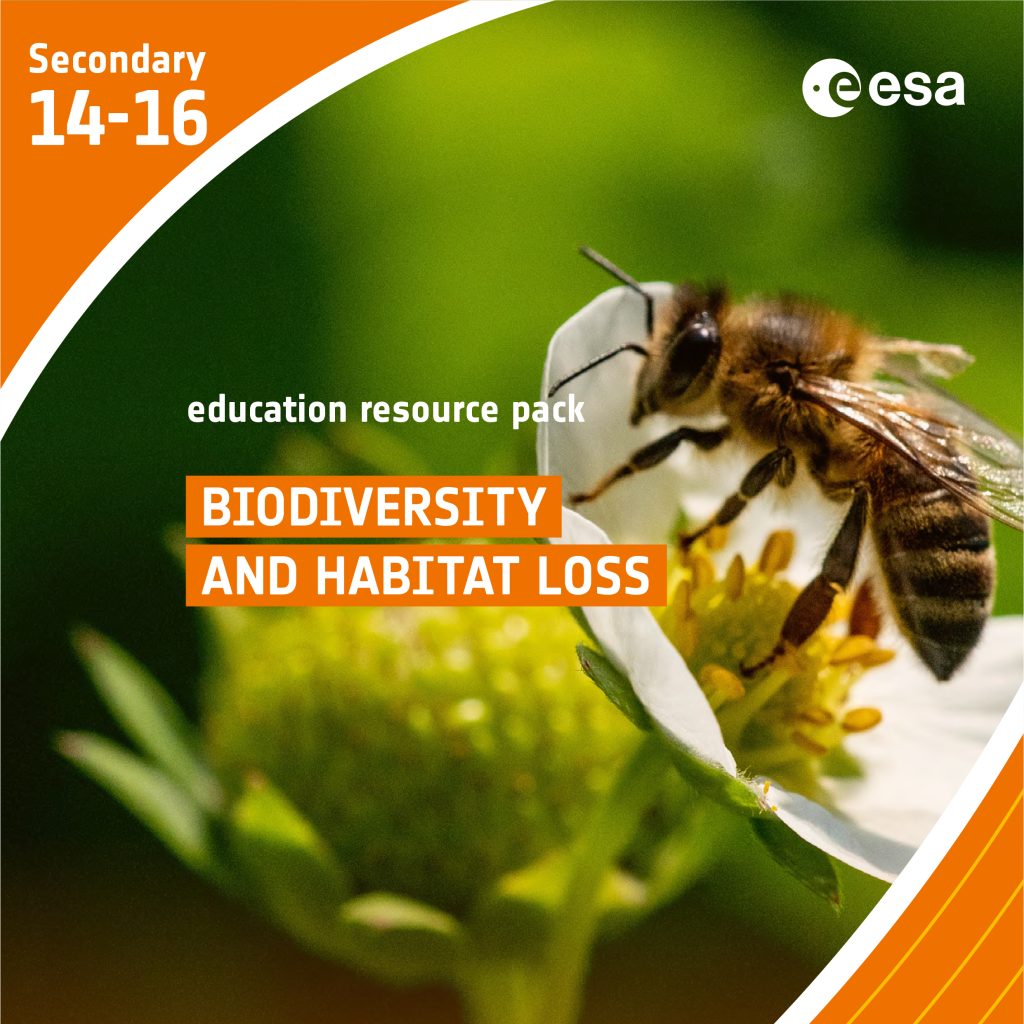
Brief description In this set of three activities, students will start with a reading assignment that introduces vocabulary and ideas that are key to considering the relationship between climate change and ecosystems. A field survey of a local area, which can be carried out using home-made equipment, is extended to include a measurement of biodiversity […]

